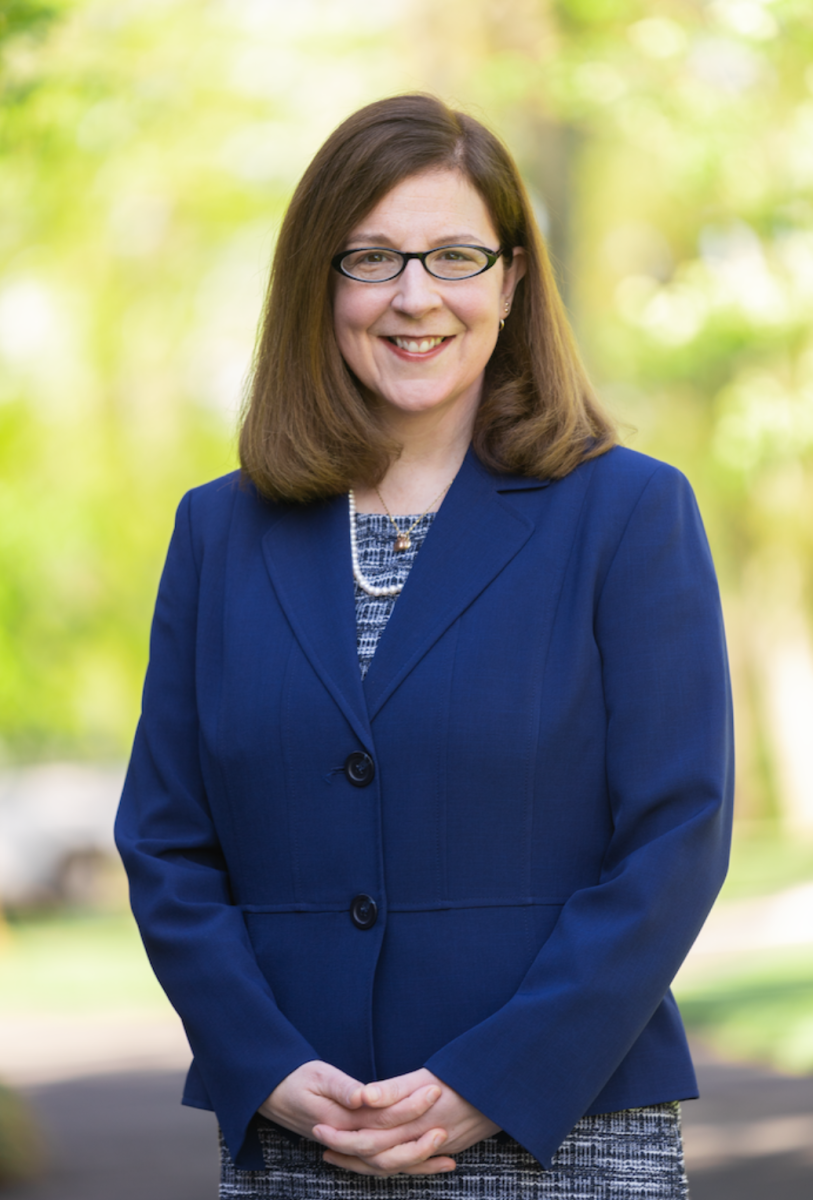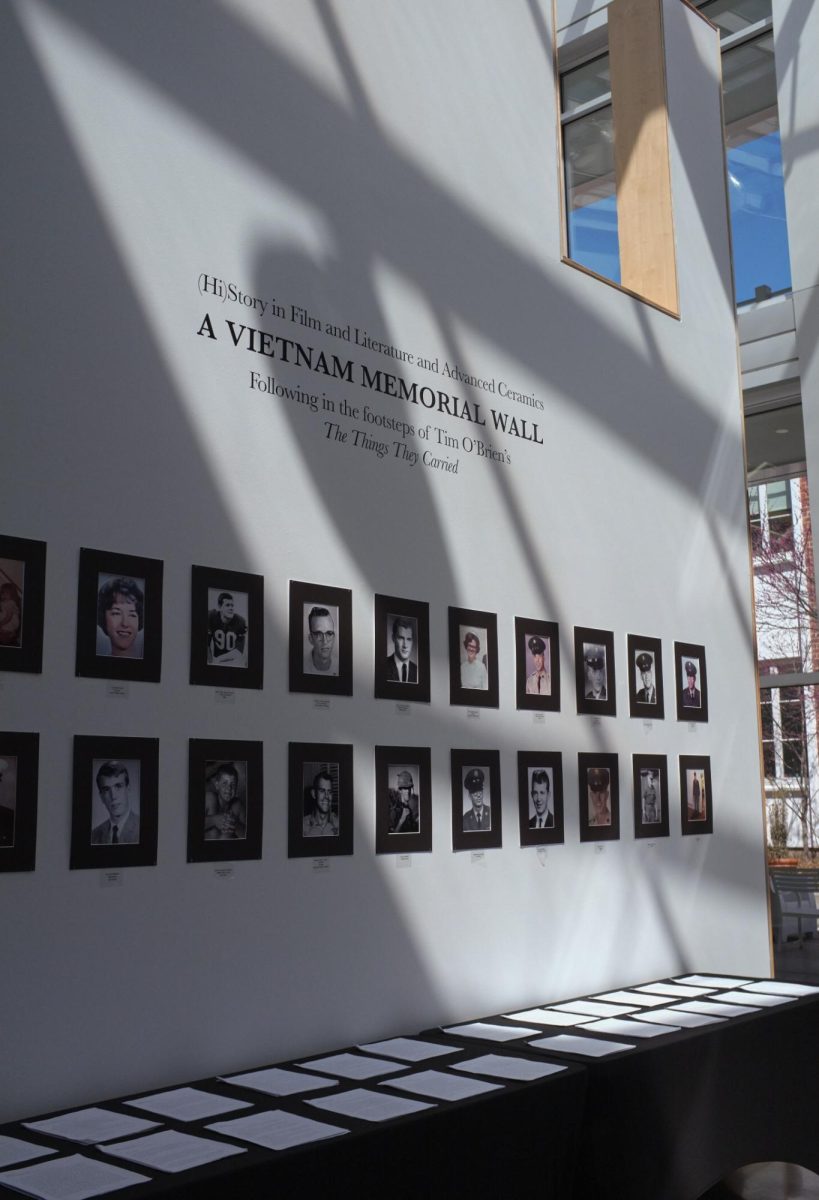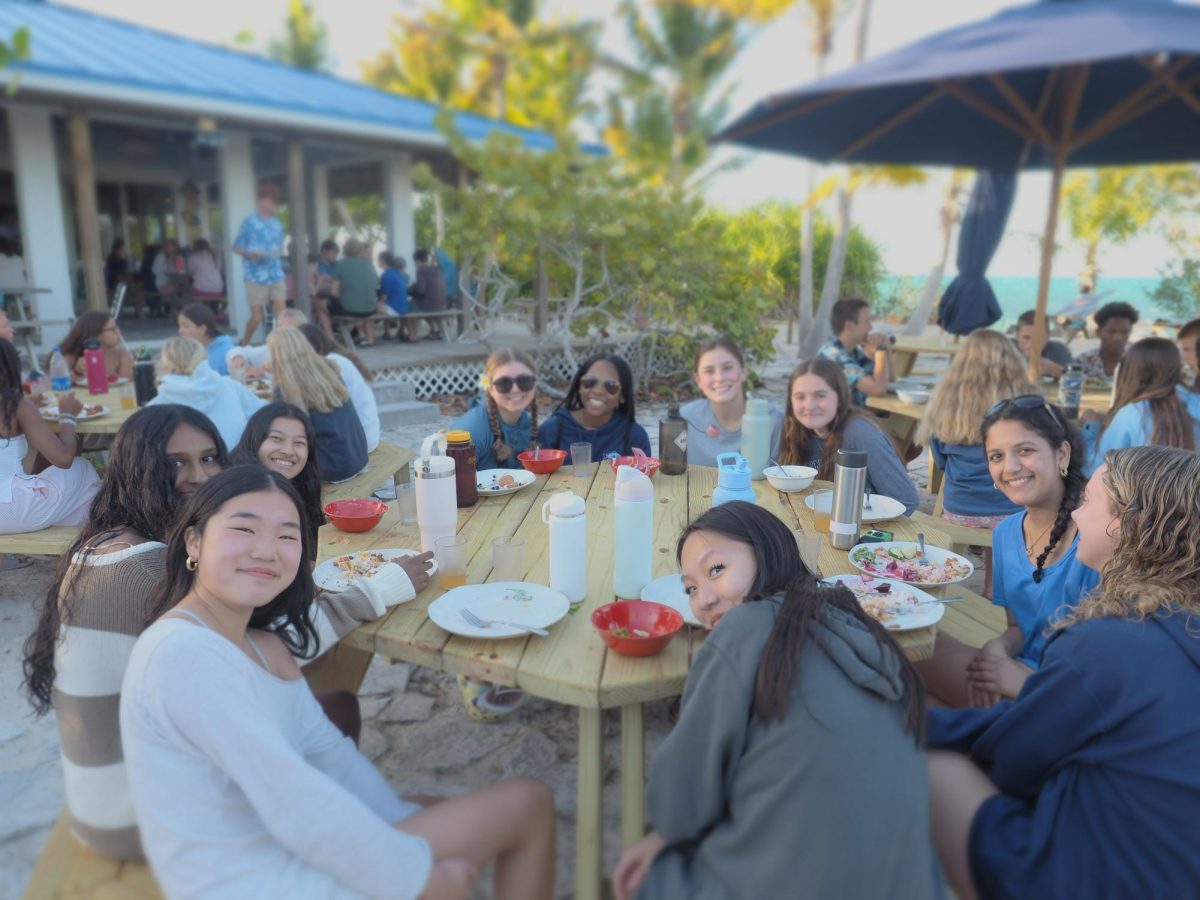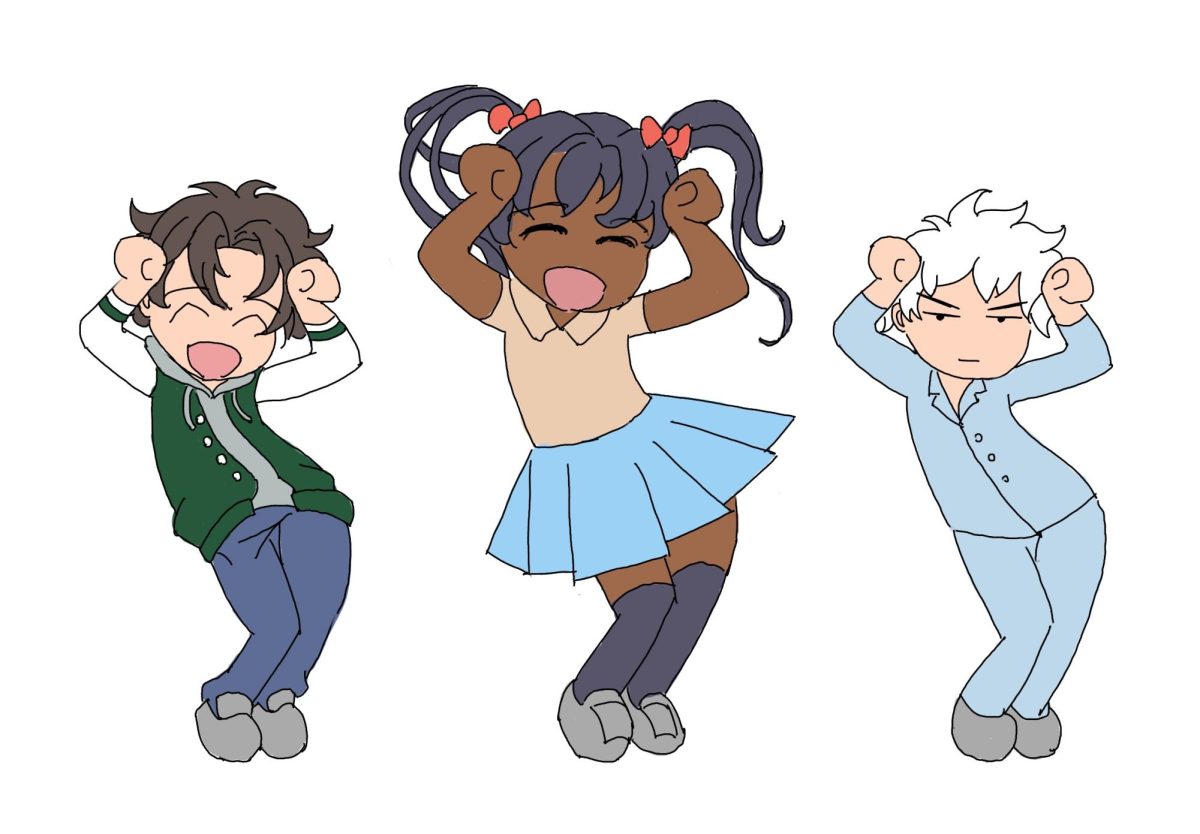On February 7, an emergency Upper School gathering was held. Head of School Dr. Kelley Nicholson-Flynn and Head of Upper School Ms. Katie O’Shaughnessey addressed the recent discriminatory behavior at PDS. The administration stressed PDS’ theme for this year, “community,” and how these discriminatory behaviors can deeply harm the wellbeing of the school.
In an interview with the Spokesman, Ms. O’Shaughnessey shared how she wished to emphasize “how serious [the discriminatory behavior] is” and sought to address the question: “the theme is community, and how can we feel like we’re in community [when] someone is attacking our identity?”
Senior Sumaiyya Malik, a co-head of the Black Student Union (BSU), shared her thoughts on the emergency assembly stating, “I think that Doc Nic-Flynn’s speech at the end was really, really powerful.” While [she was] originally unsure whether the gathering would address the issues directly, at the beginning of the assembly, Malik commented that the speech “gave me the reassurance I needed.”
This sentiment was echoed by Senior Mia Hartman, a member of the LGBTQIA+ community: “I felt like it was important and needed. When situations like this happen, it’s always important to build the community back, and also make them aware that it’s not acceptable and not something that PDS stands for.” While appreciating how the discriminatory behaviors were openly addressed at the gathering, Hartman also felt that the timing could’ve been earlier: “it’s hard when, you know, it takes so long for something like [the gathering] to happen, when [a response] should be just off the bat.”
While the community is able to see the leaders of our institution openly discussing this issue, the specifics of what behavior occurred and its disciplinary response is confidential. Ms. O’Shaughnessey explained that “the disciplinary process is often very confidential.” and she stated how sometimes “the feedback I get is that we don’t do anything” because of this strict confidentiality. However, she wishes students are able to “trust that something is happening” and “trust the adults care to make things better for [students]”.
Malik stated how, for her, it is not just a matter of trust, “I think that [the administration is] doing stuff, but I think that a level of transparency is really important.” Malik agreed on the importance of confidentiality in these situations, but she believes that informing the specific community that experienced the discriminatory behavior about what happened and the actions taken would allow the members of said community to be aware. Malik went on to explain how it can feel when there is full confidentiality of discriminatory behavior and the subsequent disciplinary actions, “When you know people at your school who you see everyday, who you might have classes with, or who you might have mutual friends with, are being racist and discriminating against you, you don’t feel comfortable.”
When asked what she wished to impart on students, Dr. Nicholson-Flynn responded, “There are the people that have done something wrong. There are the people that have been harmed. They’re both harmed, but so is everyone around them. The collateral damage is big, and I just want people to know that, and that we recognize that.” While we move on together as the PDS community, Dr. Nicholson-Flynn urges that “Even if you don’t know [a person], even if you don’t even like [that person] that much, you still have to be able to see the full humanity of a person.”








